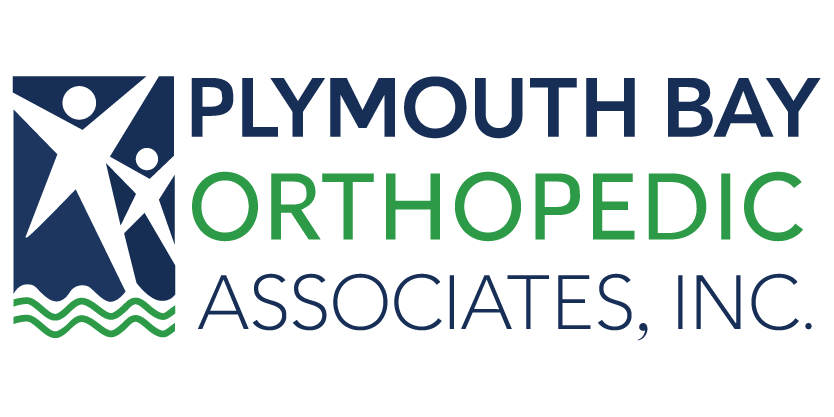The muscles, ligaments, vertebra and intervertebral discs of the lower back take on a heavy load while performing day to day activities, like standing and walking. With weightlifters, this load is multiplied tremendously. Twisting, turning and lifting motions stress the spine and when not performed correctly can result in back injuries. The two most common back injuries are strains and slipped discs.
Lower Back Strains
Causes. Lower back injuries occur when muscles and/or ligaments are stretched too far. They usually occur when weightlifters:
- Lift too much weight
- Use poor form
- Have a weak core
- Have core muscle imbalances
The severity of lower back strains can range from mild to severe—the determining factors are the degree to which the muscle and/or ligament is torn and the area in which the tear occurs.
Symptoms. Small, superficial tears usually cause mild symptoms that subside in as little as a few days. Large, deep tears can cause symptoms that might warrant a decrease in weightlifting activities. The two most common symptoms of strains are pain and spasms.
Treatments. Conservative treatment options are used to treat strains. In most cases, strains will heal after a short period of rest and/or activity modification. Other treatment options that can help speed up healing processes are ice and anti-inflammatory medications. If symptoms don’t subside or get worse following this type of treatment, an appointment with an Orthopedic Spine Specialist should be arranged.
Slipped Discs
Causes. The intervertebral discs act as “shock absorbers” that reduce the load placed on the vertebrae. During weightlifting activities, their job is an important one: stabilize the lower back. Poor posture, lifting weights that are too heavy, and/or overtraining can cause one or more of the intervertebral discs to “slip” or “herniate”. When this happens, the spinal canal narrows and the spinal nerves can be pinched.

Illustration 1- A herniated disc
Symptoms. The severity of symptoms depends on the how much the nerves are pinched. Any, any combination, or all of the following can be seen:
- Pain
- Weakness
- Numbness
- Tingling
Treatment options to reduce these symptoms should only be prescribed by an Orthopedic Spine Specialist.
Treatment. Conservative treatment options are always tried first. Usually, a combination of rest, activity modification, medications, and physical therapy is enough to decrease symptoms. However, in some cases, a slipped disc might require surgical intervention.
Seeking Treatment
No weightlifter should be limited by lower back injuries. If you sustained one and want relief, please contact our office to arrange an appointment. One of our Orthopedic Spine Specialists will diagnose and treat your condition so you can get back where you belong—in the gym.
The Spine Team at Plymouth Bay Orthopedic Associates consists of Physical Therapists, Physical Medicine & Rehabilitation Specialists and Board Certified Orthopedic Spine Surgeons. Our goal is to design a treatment plan customized to your lifestyle and goals and we use the latest advancements in both non-surgical and Minimally Invasive spine care. We have offices located in Plymouth, Duxbury and Sandwich, MA. Contact us today!
